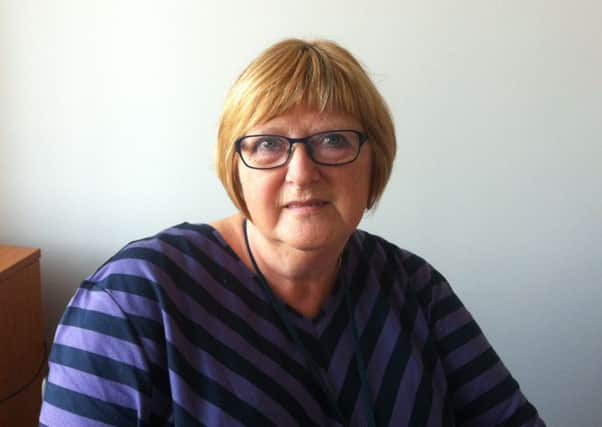Death of teen '˜could not have been prevented'


The 17-year-old’s death, in September 2015, occurred as Government watchdog OFSTED was inspecting children’s services in the county.
Social services, police and mental health services had all been involved in the care of the teenager, who cannot be named for legal reasons. The teenager and her family had been known to services since she was 12-years-old and primary concerns were listed as neglect, child sexual exploitation and missing from home episodes.
Advertisement
Hide AdAdvertisement
Hide AdBut after a wide ranging investigation into the circumstances leading up to her death from pneumonia, a formal Serious Case Review has concluded that professionals involved with the teenager and her family members “could not have predicted or prevented this child’s death.”
Initial fears that the death might have been drug-related turned out to be unfounded.
The review highlights “learning points and recommendations” for agencies to make improvements.
Jane Booth, the independent chairman of the Lancashire Safeguarding Children Board, which carried out and has now published the results of the review, said: “The most important point we need to remind agencies is just because you appear to become an adult doesn’t necessarily mean you are no longer vulnerable.”
Advertisement
Hide AdAdvertisement
Hide AdIt was noted that over the time period covered by the review, when the teenager was 15-17, she had been treated as if she were an adult.
A case summary noted: “This was a significant issue which impacted on interventions considered and offered. Children are children until aged 18 in law.”
It was also noted there had been no formal assessment of learning disabilities or difficulties but there were concerns the girl had additional needs and there had been a lack of communication about this.
There was also no evidence of an “exit strategy” to move her from child to adult mental health services.
Advertisement
Hide AdAdvertisement
Hide AdThe report noted there had been significant differences in the assessment of risk for the teen and a younger sibling and “over optimism” about what the teenager and her mother were capable of.
Reviews after the teenager returned after being missing from home were not robust or consistently documented.
Recommendations include:
• Staff of all safeguarding agencies must be reminded of agency’s legal responsibilities for children up to 18.
• Children in the county should be supported more appropriately through the Child and Adolescent Mental Health Service and any transition to adult mental health care should be better planned.
Advertisement
Hide AdAdvertisement
Hide Ad• The Board is to lobby Government and seek an update on progress on extending the use of Child Abduction Notices to better protect older teenagers.
Ms Booth added: “Our deepest sympathies at this time are with everyone who was close to this child.”